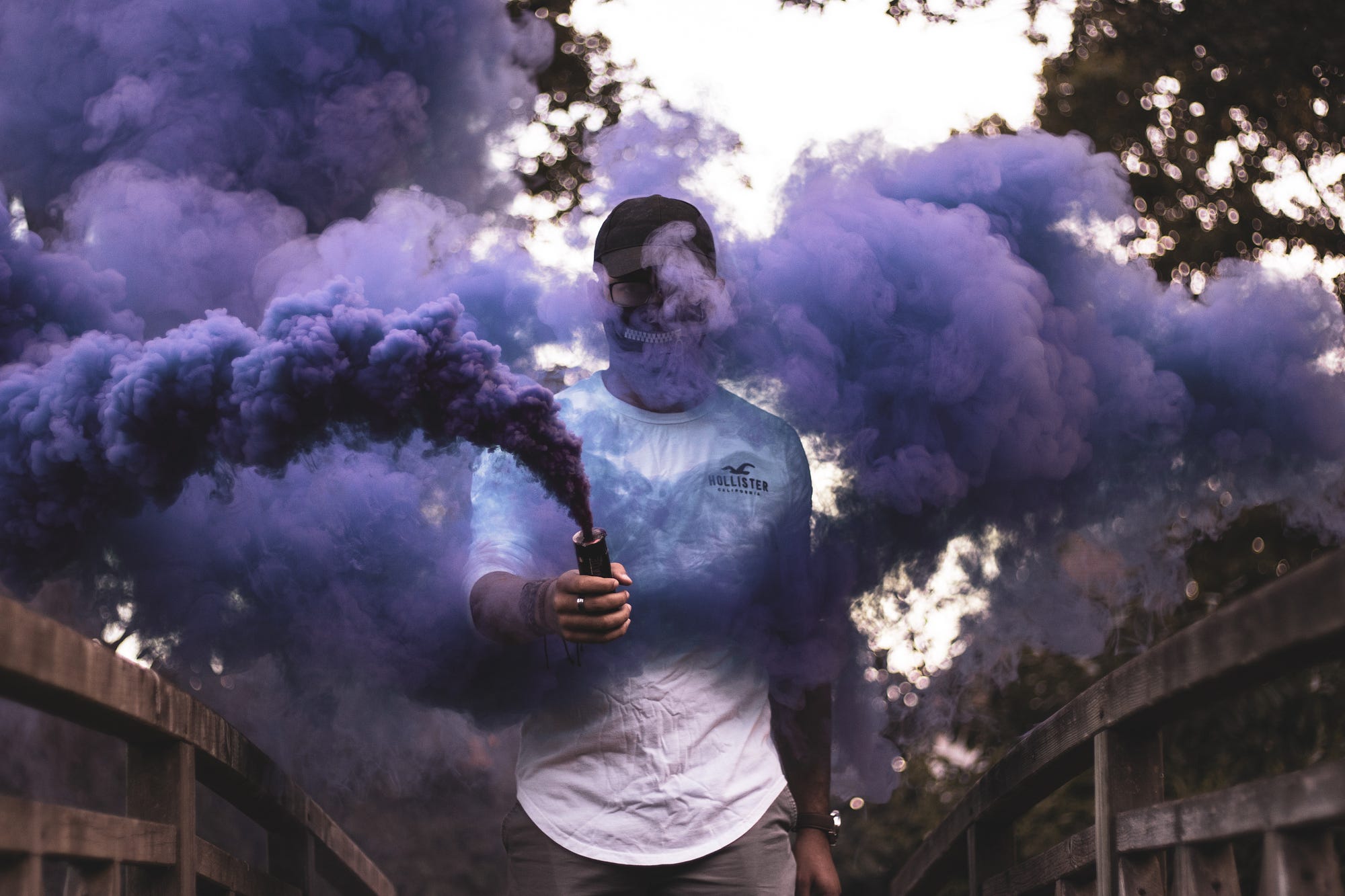the truth doesn’t have to hurt

Anyone who is going to be a writer knows enough at 15 to write several novels.
May Sarton
They say write what you know.
Be authentic and write from the heart. But what if that’s too painful? What if, like many writers, you’re afraid to be exposed by your words?
It happened to me. I wrote a story that I was afraid to publish.
Not because it was risqué or difficult. It was honest and true. And that was the problem. It was too honest, too raw, and reading it over felt like dissecting a part of my heart and leaving it open for anyone to see.
As we all do, I drew on experience as well as imagination to create my world. Something sneaked past my filters and on to the page. I wrote it for a competition, but missed the deadline while I agonised over whether to let it go.
How could I be prepared to send this off to be judged by strangers, but hesitate to post it on my own media?
The difference was anonymity.
The story was too close to uncomfortable truths. I usually bury those truths within the lie of fiction, but here they were all too visible to me.
Many writers know this feeling. What if someone who knows me reads it?
I wanted my stories to be strong. But I didn’t want to write them with my own blood.
Was I right to hesitate?
All Eyes On You
Have you ever heard the expression: Walk a mile in my shoes, and then judge me? And write your own books.
Ann Rule
You know how it feels when you’re anxious or shy. You feel as if everyone is looking at you and worse, judging you harshly. But that’s not true. Everyone is as consumed by thoughts about themselves as you are.
This is known as the spotlight effect. You hide because of the erroneous belief that everyone is watching. They’re not.
Remember that as the author you know everything about your story. You know where you found events and people that appear in it. Nothing is disguised. But the reader doesn’t have that inside knowledge. As long as you change details, especially about real people, the reader’s unlikely to draw the conclusions you fear.
You have to trust your story, and your judgement, and move forward despite anxiety.
Feel The Fear
You must do the thing you think you cannot do.
Eleanor Roosevelt
One day, heart pounding and mouth dry, I attached the story to a competition entry and pressed send. I felt sick.
Months later, heart pounding and mouth dry, I read that prize-winning story to an audience of writers. They told me how they had been drawn in by the emotions portrayed.
The dilemma we face as artists is the need to be authentic, to bleed onto the page, while retaining our emotional integrity. Deep connection with a story is visceral recognition, a punch in the gut that speaks more eloquently than any words could.
And it is the drop of your blood, the moment of vulnerability, that makes the connection true.
Channel real emotion into honest writing.
If you’re writing memoir, events can be portrayed as they happened, letting the reader experience them with you.
If you’re writing fiction, you need to get emotion on the page without revealing your source material. Change names and places. Combine elements of real people into a new character. Writers have the power to immortalise or demonise friends and enemies — but a libel suit or worse, an angry relative is best avoided.
When you write betrayal, for example, think back to when someone let you down. Allow yourself to experience it again and jot down the first words that occur to you. The first words are the true ones, before your brain has time to filter and censor.
How would your character express those feelings? The circumstances are different, but the emotion is familiar.
You don’t know how it feels to hide during an alien invasion. Or maybe you have been that person, frightened of being discovered or left behind. In any case you do know something similar; fear, despair, anger, hope. That’s what you write.
Only Connect
It is only when you open your veins and bleed onto the page a little that you establish contact with your reader.
Paul Gallico
I don’t suggest you should spill every secret on the page. But some experiences have lessons worth sharing. In sharing experiences and lessons learned, we connect. We give people the chance to recognise themselves on the page, and feel less alone.
Show us a glimpse of your soul, show us what it is to be human.
When you hesitate because it feels too personal, write it.
When you pause because it’s still a little raw, write it.
When your heart pounds at the sight of those true words, write it.
Someone needs to read your words and recognise themselves within them.
Have a comment or suggestion? Leave it below.


